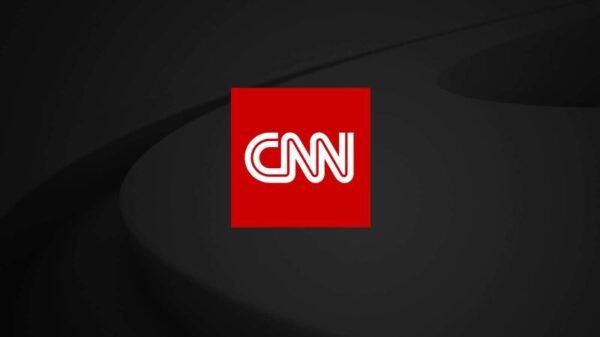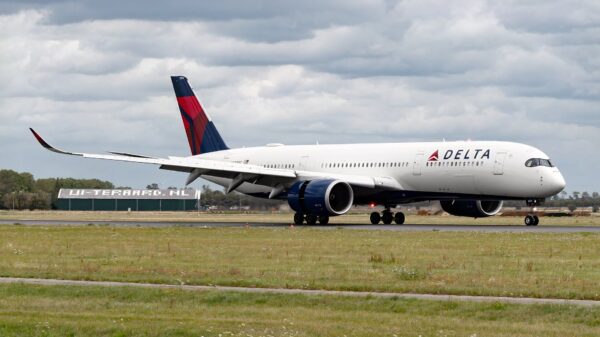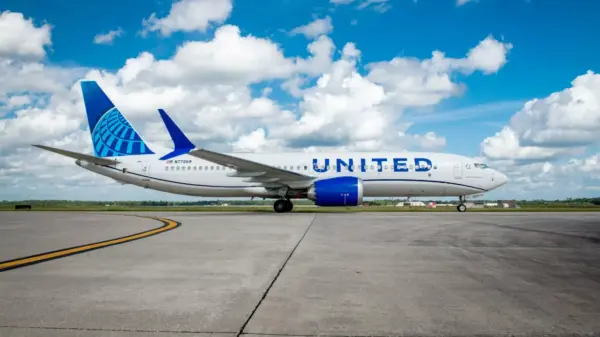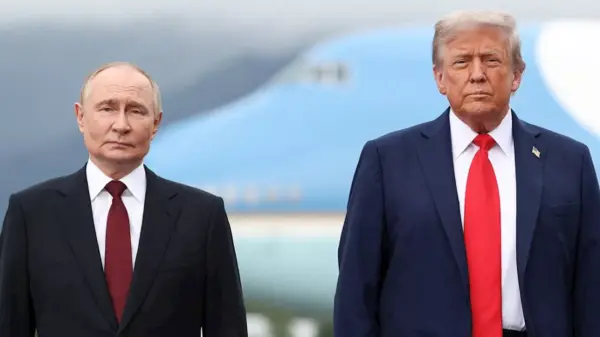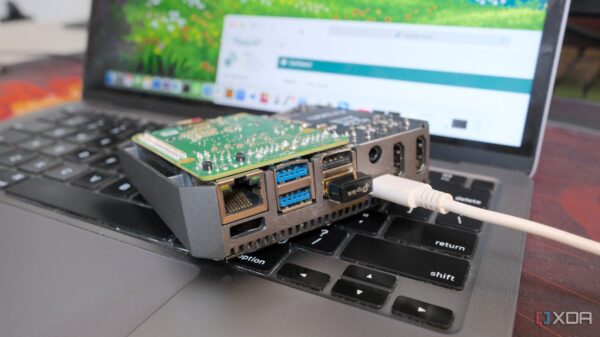UPDATE: The U.S. military is escalating its presence in South America by deploying the USS Gerald R. Ford aircraft carrier to the region, as confirmed by the Pentagon on September 15, 2023. This move is part of a growing military crackdown on drug trafficking operations, with Defense Secretary Pete Hegseth stating it aims to “bolster U.S. capacity to detect, monitor, and disrupt illicit actors.”
The USS Gerald R. Ford, currently stationed in the Mediterranean Sea, will lead a strike group that could bring nearly 4,500 additional sailors and nine squadrons of aircraft to the South American waters. This deployment follows a series of rapid U.S. strikes against suspected drug-running boats, with a recent operation resulting in the deaths of six individuals, raising the total fatalities to at least 43 since the crackdown began in early September.
The military’s intensified focus coincides with the presence of Tropical Storm Melissa, which is threatening to escalate into a hurricane in the central Caribbean. Authorities are closely monitoring the storm’s path as it complicates military operations in the region.
In a stark warning to drug traffickers, Hegseth proclaimed, “If you are a narco-terrorist smuggling drugs in our hemisphere, we will treat you like we treat Al-Qaeda.” This rhetoric underscores the Trump administration’s aggressive stance against drug cartels, particularly the Tren de Aragua gang, which has been linked to recent strikes.
Tensions are also rising with Colombia, as the U.S. imposed sanctions on President Gustavo Petro and several family members over alleged connections to the drug trade. The U.S. military’s operations are increasingly seen as a message to regional leaders to align with U.S. interests.
Analysts suggest that the U.S. military’s actions are not solely about combating drugs but also about asserting influence in the region. Elizabeth Dickinson from the International Crisis Group stated, “Drugs are the excuse… the U.S. is intent on pursuing specific objectives.”
The scale of the U.S. military presence is unprecedented, with over 6,000 sailors and Marines already deployed on eight warships in the Caribbean. As the situation develops, the arrival of the USS Gerald R. Ford could significantly change the dynamics in the region.
Authorities are urging caution as the strikes continue to escalate, with two recent operations in the eastern Pacific Ocean targeting boats from Venezuela. President Nicolás Maduro has condemned these military actions, framing them as attempts to destabilize his government.
As the U.S. ramps up its military efforts, lawmakers from both parties are expressing concern over the lack of congressional authorization for these operations. Senator Andy Kim, who has military experience, voiced apprehensions about the potential for prolonged conflict.
The deployment of the USS Gerald R. Ford marks a critical moment in U.S. military strategy in South America, and its impact will be closely watched in the coming days. With the stakes high and military resources mobilizing, the region stands at a pivotal point.
Stay tuned for ongoing updates as this situation unfolds.







